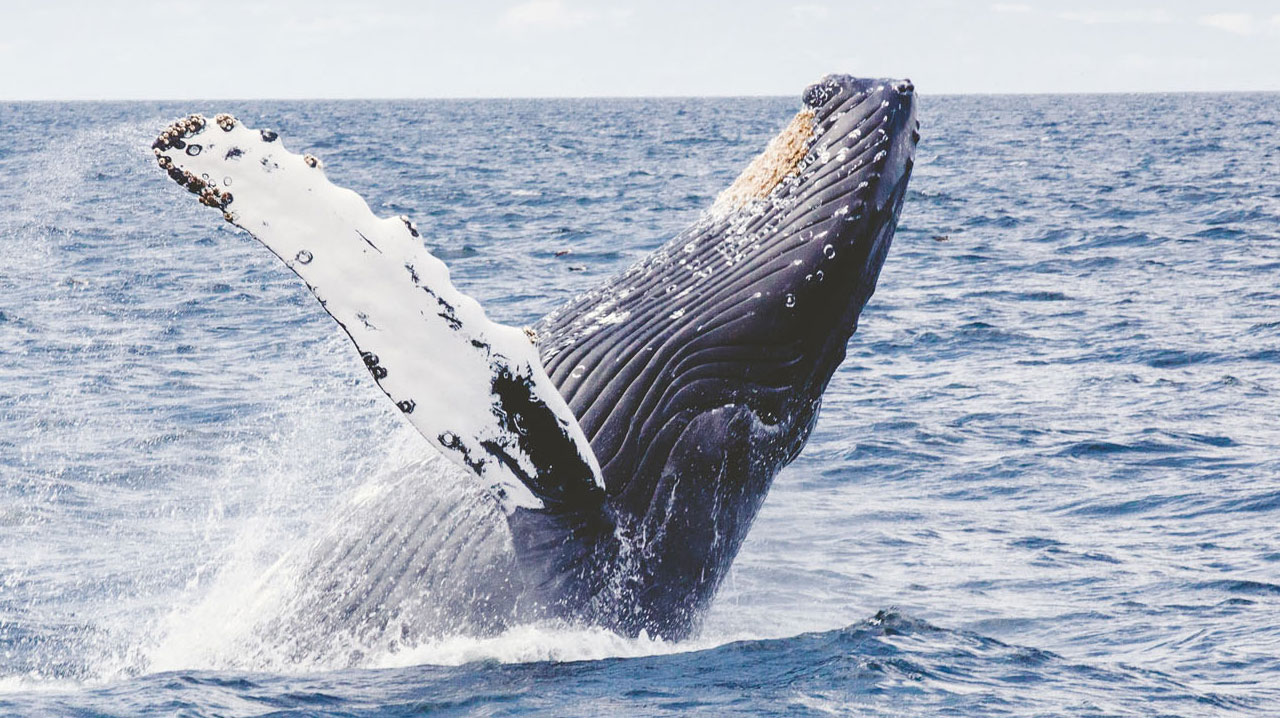National environmental groups are calling on the Government to ensure that the necessary time is given to the Maritime Area Planning Bill in order to protect and restore our marine environment and ensure that offshore renewables are truly sustainable. [1]
Ireland is marching itself towards widespread obstacles for renewable energy, longstanding depleted marine habitats and compromised coastal communities if it does not immediately change course.
This is the warning from the Sustainable Water Network (SWAN) and the Environmental Pillar, two of Ireland’s largest environmental coalitions, as the Maritime Area Planning (MAP) Bill begins Committee Stage in the Dáil this week and over 300 amendments have been tabled.
The Bill, set to establish a whole new planning and consent system for marine development, is part of the wider overhaul of how Ireland manages its marine territory and stakeholders. The overarching framework was provided by a controversial National Marine Planning Framework (NMPF) approved earlier this year. [2]
If the Government railroad this legislation through as is, space for offshore renewables allocation will proceed ahead of the much-needed designation of Marine Protected Areas (MPAs). This means areas that need protection, including our most vulnerable areas, may not be adequately designated and offshore renewables could be planned for development in environmentally unsuitable areas. The result being that our vital offshore renewable developments and the health of our essential marine environment will both be put at risk at a time where we cannot afford to do so.
Beyond our moral obligations to our marine environment, we are legally obligated to implement a network of MPAs in order to restore our oceans under the EU Maritime Spatial Planning Directive and the Marine Strategy Framework Directive. Failing to comply with these will have serious consequences, including litigation from non-compliance that will hinder the widespread and effective rollout of decarbonising our energy. [3]
In light of what’s at stake, both coalitions are calling on the Government to ensure that the necessary time is given to this Bill in order to protect our marine environment and ensure that offshore renewables are truly sustainable.
Fintan Kelly, Policy Officer at BirdWatch Ireland and Environmental Pillar spokesperson said:
“The Bill establishes a whole new planning and consent framework for marine developments and certain activities. A huge amount of pressure in advancing the bill has been applied to facilitate the expansion of offshore renewables in order to meet the Government’s renewable energy targets for the end of the decade.
“While we recognise the need for offshore renewables, we are concerned that without putting in place key safeguards,the bill threatens to further degrade our marine environment at a time when we need to urgently restore the health and resilience of marine ecosystems. A shortsighted ‘land grab’ will threaten both wildlife but also our fishing communities that depend on healthy fish and shellfish populations to make a living.
“What’s more, if we fail to address our legal obligations to protect and restore our marine environment, it will likely result in litigation that will delay much-needed offshore infrastructure and result in a lose-lose situation for all involved.
“We cannot afford such long-term delays when it comes to our climate crisis – we have to get this bill and our overall approach right from the outset. It is critical that the Government take time to consider this bill properly and allow for significant amendments to improve it in the interests of all stakeholders.”
Ellen MacMahon, Policy Officer at SWAN, said:
“The Government seems to be forgetting that Ireland was officially one of the first countries to recognise our environmental crisis. The Dáil recognised both a climate and a biodiversity emergency in 2019 – that means both warrant the same degree of action and that neither is pursued at the expense of the other.
Additionally, by protecting our oceans we are increasing the amount of carbon they can absorb. This ‘blue carbon’ is carbon that is captured and stored by seaweed and seagrass, seafloor sediment, and even by the wildlife that coast through our waters.
The ocean has an array of climate and biodiversity solutions for us. We need the ocean to be in a healthy state if we are to have a shot at averting the worst of these devastating twin crises. Under EU rules for marine planning we have to take environmental protection and the health of our oceans into account. We are obligated not to push the marine environment beyond its limits and to make sure that we are acting sustainably. If we don’t, all these proposals could end up in the Courts and that won’t serve industry, the environment or coastal communities.
We are asking the Government to meet the standard of urgency it set two years ago for both of these emergencies and to make sure we lay a solid foundation now to have the best chance we can at a liveable future.”
Notes
[1] The Bill as initiated in August 2021 is available at: https://bit.ly/3lZ1g7H
[2] The full National Marine Planning Framework can be found here: https://bit.ly/2XtocCD
[3] More information both directives is available at https://bit.ly/3B02qnZ and https://bit.ly/3lTNHq9 r

